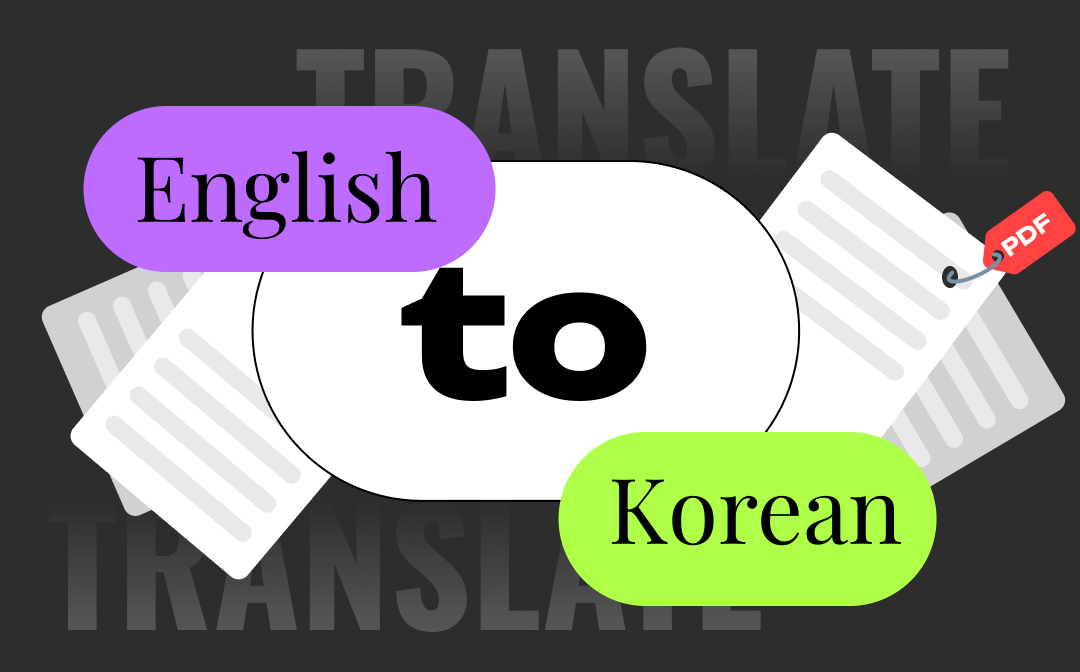
Image Source: Google
Culture plays a vital role in language translation, as expressions and idioms in one language may not have a direct equivalent in another. When it comes to translating from English to Korean, understanding the nuances of both languages and cultures is essential to convey the intended meaning accurately. Here are some tips on how to translate like a pro and unlock the culture behind the words.
First and foremost, it is crucial to have a deep understanding of both English and Korean languages. This includes a solid grasp of grammar, vocabulary, syntax, and idiomatic expressions in both languages. A professional translator should be able to communicate the essence of the original text while taking into account cultural differences and nuances. This requires not just linguistic skills, but also cultural sensitivity and awareness.
One of the key challenges when translating from English to Korean is the vast difference in sentence structure. Korean is an agglutinative language, which means that words are often combined to form longer words or phrases. This can be quite different from English, which is more analytical and relies on word order to convey meaning. When translating from English to Korean, it is important to pay attention to the structure of sentences and make necessary adjustments to ensure clarity and coherence.
Another important aspect to consider when translating between English and Korean is the use of honorifics and levels of formality. Korean has a complex system of honorifics that is used to show respect and politeness towards others. This system is reflected in the language through different verb endings and pronouns depending on the social status and relationship between the speaker and the listener. When translating from English to Korean, it is important to consider the appropriate level of formality and use of honorifics to accurately convey the tone and respect level of the original text.
Translating idiomatic expressions and cultural references can also be a challenge when moving between English and Korean. Idioms are often deeply rooted in the culture and history of a language, and may not have a direct equivalent in another language. When faced with translating idiomatic expressions, it is important to not just translate the words literally, but to convey the underlying meaning and cultural context to ensure accurate and effective communication.
When translating from English to Korean, it is also important to consider the cultural differences between the two languages. Korea has a rich history and cultural heritage that influences the language and communication style. Understanding these cultural nuances is essential to accurately convey the intended message and avoid misunderstandings.
One effective strategy for translating between English and Korean is to focus on the meaning and context of the text rather than just the words themselves. By understanding the underlying message and intent of the original text, a translator can ensure that the translation captures the essence of the communication and resonates with the target audience.

